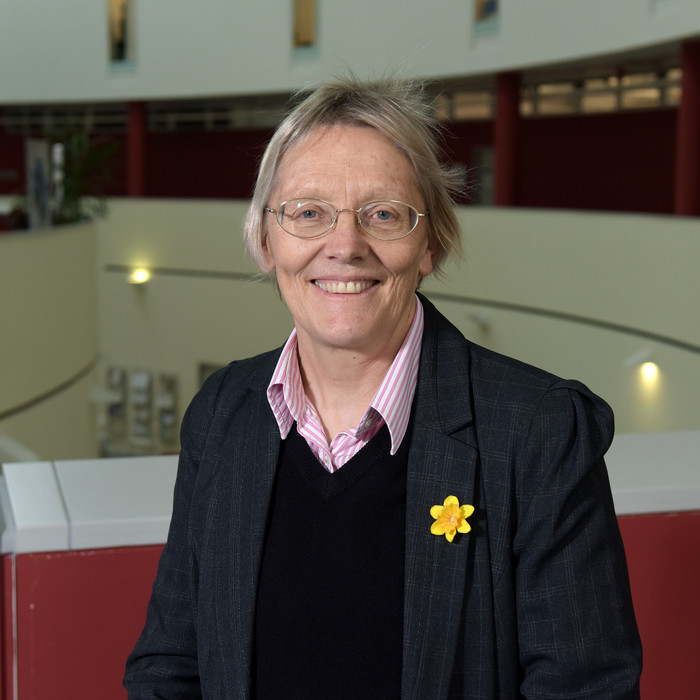What makes us feel lonely is the big question Brunel University London hopes to help solve with a new nationwide study that launches today on BBC Radio 4’s All in the Mind.
The Loneliness Experiment is an online survey to explore the nation’s attitudes and personal experiences. It aims to find out what factors contribute to loneliness, what part relationships, connection and social media play and what has helped people experiencing it.
The survey is developed by Brunel University London, the University of Exeter and the University of Manchester, with funding from the Wellcome Collection. The idea is to better understand why and when people feel lonely and how best to tackle it.
“Loneliness is one of the major challenges society faces today,” said Professor Christina Victor, a gerontologist at Brunel University London. “While it is a problem we often associate with older people, loneliness affects people of all ages and our studies show that 16-24 year-olds are often vulnerable to experiencing loneliness.”
“This is why it’s important to increase our understanding of loneliness. We want to know whether it might be linked to mental health, if there’s any relationship between loneliness and internet use and is there still a stigma about admitting to feeling lonely. We hope to build a clear picture of what life is like for lonely people at different ages and what factors may prevent people of all ages experiencing loneliness.”

In 2015, 18,000 people took part in the Radio 4 and Wellcome Collection’s Rest Test which probed the nation’s resting habits. With thousands of people expected to complete the Loneliness Experiment, it is likely to be the largest survey of its kind, providing important insights into personal experiences of loneliness across the UK.
The survey aims to uncover:
- Which times of life people are most likely to feel lonely
- Do personality and life circumstances affect people’s experience of loneliness
- How new technology and social media affect loneliness?
- How do we view people who are lonely
People don’t need to have felt lonely to take part take part. The survey takes less than 40 minutes to fill in, and shows instant feedback online, tracking some of the results so far.
“We’ve heard a lot about loneliness in the news recently with the Jo Cox Commission and the appointment of a Minister for Loneliness,” said Claudia Hammond, Radio 4’s All in the Mind presenter. “It’s clear that loneliness has been brought into focus, but there’s a lot that is still unknown about it. We want as many people as possible to take part in the Loneliness Experiment to help discover not only who is likely to feel lonely, but what it is that can propel people out of it and help them feel more connected to others.”
Main image: https://kazan.vperemen.com/
Reported by:
Hayley Jarvis,
Media Relations
+44 (0)1895 268176
hayley.jarvis@brunel.ac.uk